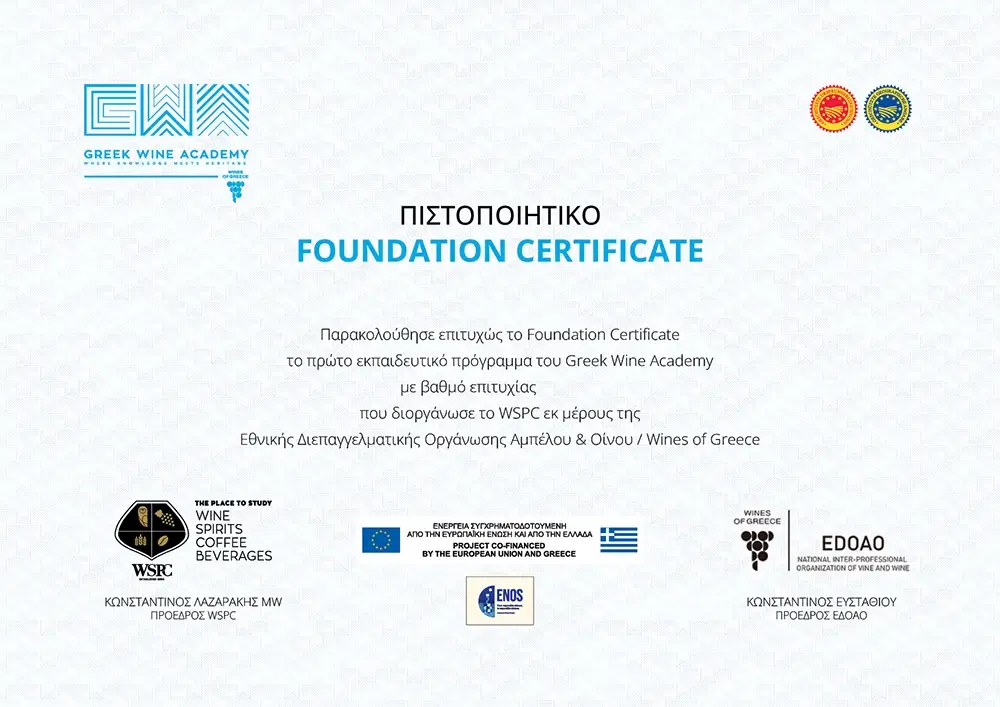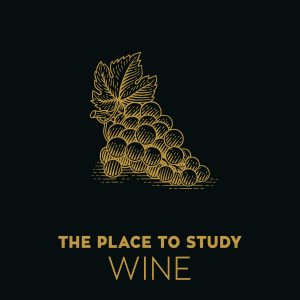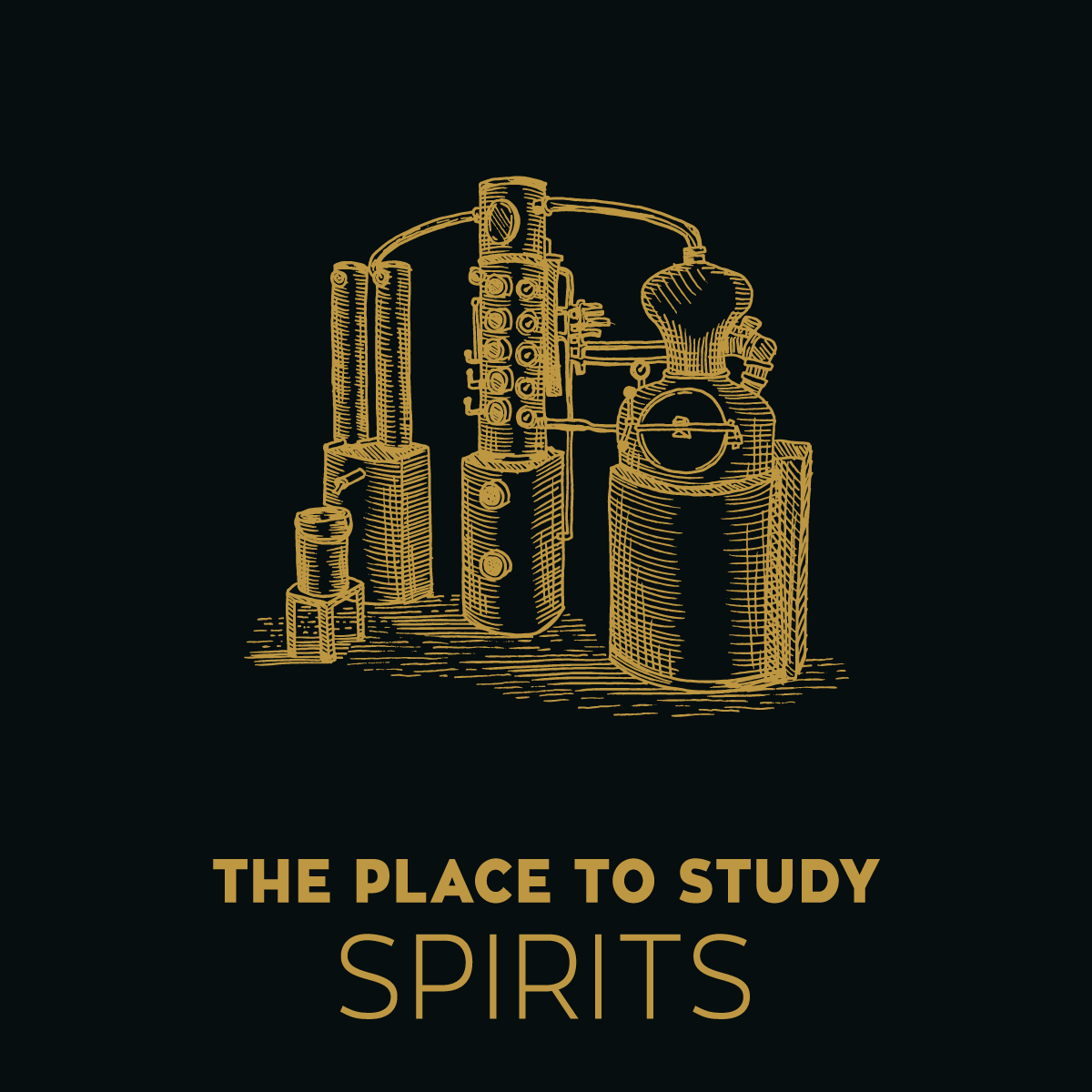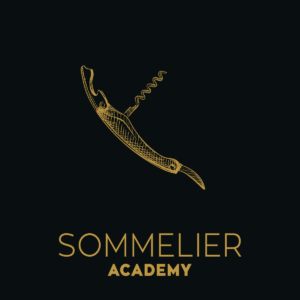GWA Foundation Certificate
€0
About this course

Choose one of the applications below and download the corresponding file. Then, after filling it out, email it to the address education@wspc.gr.
The GWA Foundation Certificate of the Greek Wine Academy is primarily addressed to Front Line Staff who work with wine or manage a broder portfolio of drinks at the final point of sales.
The first educational program of the Greek Wine Academy – the GWA Foundation Certificate, was created for Greece and Greek professionals with the objective of achieving basic familiarity with the main types and styles of wines. It is primarily aimed not only towards professionals but also towards young adults such as Oenology, Food Science & Technology and Tourism students.
It is a great effort on behalf of the National Interprofessional Organization of Vine & Wine (EDOAO) in support of Greek entrepreneurs, where they are increasingly called upon to sell brand name Greek Wine to both Greek and international consumers. The program’s duration is six (6) hours. Upon completion of the lesson, the participants are examined through 20 multiple choice questions, filling in the correct answers within thirty minutes. Successful completion of the exam leads to the GWA Foundation Certificate from the Greek Wine Academy.
Addressed to:
- HO.RE.CA frontline staff.
- Frontline Retail Sales staff.
- Oenology, Food Science & Technology and Tourism students.
- Institutions such as the Hellenic Chamber of Hotels (H.C.H).
- A Nationwide Scope
MORE
Holders of the Foundation Certificate will know the basic stages of viticulture and winemaking, the main types and styles of wines, the most important characteristics of wines from the main Greek grape varieties, as well as the principles of wine storage and serving. Special emphasis is placed on the combination of wine & food. They will be taught the general rules of food & wine pairing and be able to apply these to food groups and recipes.
Therefore, Foundation Certificate holders will be able to properly promote brand name Greek bottled wine, give informed advice to consumers, understand the guidelines of Wine in Moderation and become ambassadors of the Greek Vineyard.
Foundation Certificate
Greek Wine Academy
Curriculum
In order to achieve the purpose of the certification, there are seven learning objectives.
Learning Objective 1: Knowledge of the history of Greek wine, its legislation and the advantages of quality, bottled wine.
Knowledge of the history of Greek wine, its legislation and the advantages of quality, bottled wine.
- Presentation of EDOAO – Wines of Greece
- The History of Greek Wine (from antiquity to the present day)
- Brief introduction to the terroir of Greece
- Legislation
- Advantages of Greek wines
- Advantages of bottled wine
Learning Objective 2: Knowledge of the basic stages of viticulture and winemaking.
Knowledge of the basic stages of viticulture and winemaking
- The ripening process of the grape
- The anatomy of the grape
- Alcoholic fermentation
- Vinification
Learning Objective 3: Knowledge of the types and styles of wines produced from the main grape varieties.
Knowledge of the types and styles of wines produced from the main grape varieties
- General types of wine
- Basic taste characteristics of wine
- Main Greek varieties
- Brief presentation of the regions of Greece
Learning Objective 4: Knowledge of the basic principles and practices of wine storage & serving.
Knowledge of the basic principles and practices of wine storage & serving
- Wine service (Opening bottles – Serving temperature – glasses)
- Wine preservation – storage
Learning Objective 5: Knowledge of fundamental food & wine interactions.
Fundamental food & wine interactions
- General principles of wine and food pairing
- Application of guidelines to food groups and recipes
Learning Objective 6: Understand the dangers of excessive alcohol consumption and knowledge of the principles of responsible drinking.
Consumption in Moderation
- Dangers of excessive alcohol consumption
- Moderate consumption of alcoholic beverages
Learning Objective 7: Knowledge of the basic principles, techniques and vocabulary of wine tasting, as well as hands-on practice.
Wine tasting
- The wine tasting method
- Vocabulary
- Tasting of Greek wines
Enrollment
To express your interest regarding the GWA program, contact Ms. Manuela Skoulas/ WSPC Student Affairs and Awards Dpt.by phone (210 9882540 & 544) or via e-mail (education@wspc.gr).
Depending on the region of Greece in which you reside in, you will receive the Expression of Interest Request for your participation in the GWA Foundation Certificate of the “Greek Wine Academy”, according to which you commit to the validity of your information.
In cases of corporate enrollments, the respective company also commits to the declared number of participants, while the Application must include the details of the company, the signature of the person responsible and the corporate seal.
Basic principles
The purpose of this information is to help our students understand basic principles of behavior that need to be respected throughout the classes.
A class should provide a friendly and harmonious environment, able to promote a high level of learning progress, ensuring a smooth running of the course and respect towards all parties involved in the learning process-both students and instructor.
Don’t miss a class
It has been proven that students who do not miss classes and are assiduous in attending the course, have more chances to perform better in the examination and pass the test with a higher mark. It is students’ personal responsibility to fill in the gap and look out for notes, exercises, homework or/and flights of wines relevant to the class.
Don’t be late for the class
It is a sign of respect vis-à-vis your fellow students and your instructor. Should it happen due to special circumstances, students should enter the classroom as discreetly and quickly as possible, picking the first available classroom desk.
Come prepared to the class
Preparation constitutes an important part of your effort to better comprehend the teaching material and have fewer questions. Students who submit their papers within the deadlines set, manage to maintain a better flow in their studies and to better assimilate the material, significantly raising the chances of successful performance at the exams and with a higher mark. Any assigned tasks submitted overdue shall be dismissed. However, students may correct themselves at home, having as a guide the recommended form of answering applying in every task.
Switch off your mobile phone at the beginning of the class
It is a sign of respect vis-à-vis your fellow students and your instructor. The use of mobile phones in the classroom is highly annoying and distracts students’ attention. If you are expecting an urgent call, you are kindly requested to inform your instructor at the beginning of the class and keep your phone on silent mode. Once you see the incoming call, leave the classroom as discreetly as possible.
Be aware that any portable electronic apparatus (mobile phone, laptop, MP3 player etc) shall not be allowed during the class. For your reference, you may take a photo of the bottles used in wine tasting during the break or at the end of the class (the bottles remain in a visible spot).
Don’t talk to each other during the class
It is a sign of respect vis-à-vis your fellow students and your instructor. The noise provoked from chatting is likely to distract the instructor and other fellow students, thus disrupting the smooth flow of the class.
Don’t monopolize the floor by raising too many questions preventing your fellow students from submitting their queries
Questions facilitate a broad understanding of the lesson. The time allocated for questions is up to the instructor’s discretion (either during or at the end of the lesson). However, students should take into account the available time for questions, reducing the number of questions addressed to the instructor and enabling their fellow students to raise their own questions.
THE ABOVE PRINCIPLES APPLY ALSO DURING THE EXAMINATIONS
Important Information on the examinations
The examination for the GWA Foundation Certificate of the Greek Wine Academy is a closed-book assessment comprised of :
- 20 multiple-choice questions to be completed in 30 minutes.
- Successful performance at this unit requires a total minimum mark of 60%. Candidates should answer correctly at least 12 questions.
- The language of examination will be Greek.
Persons with Disabilities
Candidates with special examination and assessment requirements, are requested to inform the Enrollments officer and/or the Examinations officer on any such requirement prior to enrollment on a Program. It is the policy of GWA® that such candidates should not be placed at a disadvantaged position during the courses or at the examinations. Where appropriate, WSPC and GWA® may request from the student to submit an official medical opinion by a qualified state body related to the candidate in question.
Requirements, regulations and examination conditions
1. To participate in the examinations, candidates must adhere to the following specific conditions:
- Candidates should bring their own: pen or Hb2-type pencils, erasers, pencil sharpener.
- Candidates must bring their own bottle of water.
- The examination should be completed within the time foreseen.
- No note or explanation is to be made on any material, in whatever form, other than the examination multiple-question paper and answer sheet.
- Any communication between candidates of any kind shall not be permitted.
- The use of electronic devices of any kind (mobile phones, smart phones, smart watches, tablets etc) shall be prohibited.
- Candidates shall be forbidden to take photographs of the examination room or the examination material.
- The use of any kind of dictionaries is forbidden.
- The use of audible alarms from any kind of watch is prohibited.
- It is at the invigilator’s discretion to allow entry to late arriving candidates and only if this does not disturb the examination process.
- Candidates are not allowed to leave the room before the first 15 minutes of the examination time have elapsed.
- Candidates who complete the examination prior to its official ending, may leave the room on condition that they do not disturb the other candidates. After leaving the room, re-entry shall not be allowed.
- The invigilators have no authority to comment, interpret or express an opinion on any examination question or/and on any conceptual question raised by candidates.
- Any candidate suspected of inappropriate behavior, shall be called upon to leave the examination room immediately and his/her examination paper shall be submitted to the Examinations Committee which shall determine its validity and any future prohibition to participating in the examinations.
- The sheet with the examination questions shall not be removed from the examination room. Candidates who fail to submit the questions sheet along with their answer sheet, shall be considered to have breached the rules.
- It is forbidden to reveal the examination content to others or anyhow reproduce it.
2. Candidates must also comply with the invigilator’s instructions. Failure to do so may result in the examination results becoming invalid.
3. The examination papers submitted for assessment belong to WSPC and EDOAO and shall not be returned to candidates.
Requirements, regulations and examination conditions
Upon successful completion of the exam, a FOUNDATION COURSE Attendance Certificate is issued, which is sent electronically to the stated email address.
Where are the lessons held?
The Athens classes are held at the WSPC headquarters.
The venue of classes held outside Athens will be announced on a case by case basis.
Which organization covers the cost of the tuition fees?
This program was designed and implemented by WSPC in collaboration with the National Interprofessional Organization of Vine & Wine of Greece (EDOAO), with the objective of upgrading the knowledge of HORECA professionals in relation to the regulations governing PDO & PGI wines and their consumption in moderation. To this end, EDOAO fully covers the tuition fees for attending the specific program.
What does the program’s cost include?
Everything. The book of the program, the cost of the exam, the exam paper and the issuance of the Foundation Certificate, the hours of teaching by a certified instructor, the wines of the tasting purchased (we do not accept free samples), as well as all the logistics related to the implementation of the program in total.
How can I continue my studies?
You are directly admitted to WSPC/ WSET Level 2 in Wines.
You are entitled to enroll in the remaining two sections of the HORECA Combo, Level 1 Spirits and Level 1 Coffee – Tea – Cocoa, with reduced fees.
Is corporate registration possible?
Yes, it is possible! Contact Ms. Manuela Skoulas/ WSPC Student Affairs and Awards Dpt.by phone (210 9882540 & 544) or via e-mail (education@wspc.gr).
May I be absent from the class?
Your presence is mandatory for the entire duration of the program as well as for the 30′ test with multiple choice questions.
What if I do not participate in the examination?
The FOUNDATION CERTIFICATE is not issued.
How long does it take for the results to be announced?
The results are announced in 2 working weeks from the examination date.
How am I informed regarding the results?
Via email to the electronic address you have provided.
What does it mean to succeed in the examinations?
You become a holder of the FOUNDATION CERTIFICATE and you can proceed to the next levels of study.
How do I receive my certification?
Your FOUNDATION CERTIFICATE is sent to you in electronic form via email to the electronic address you have provided.
You May Also Like
Certificate









